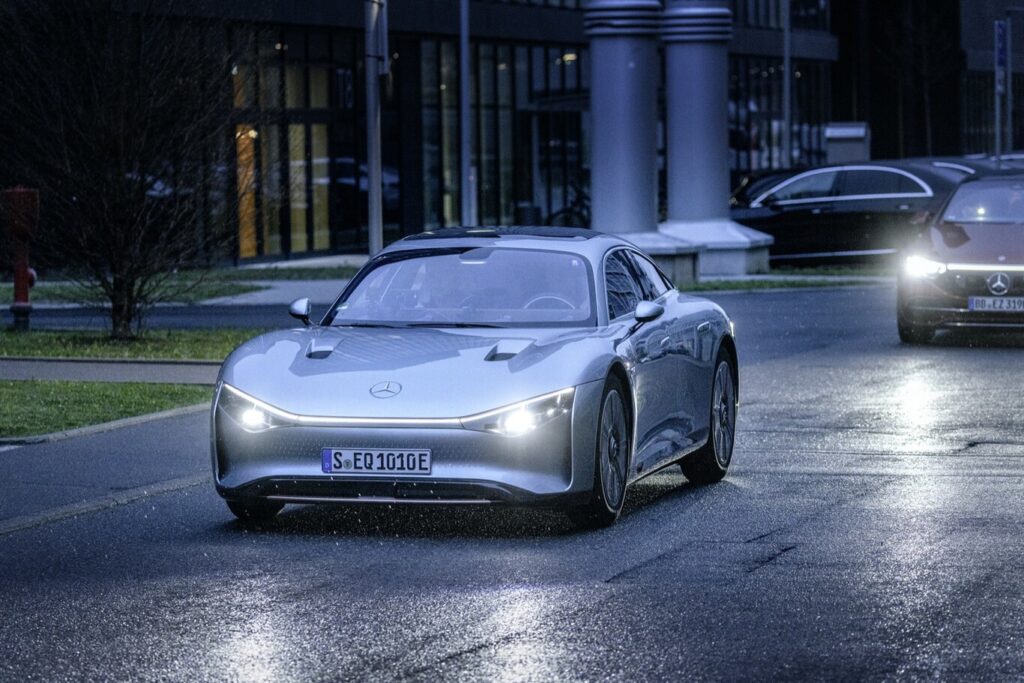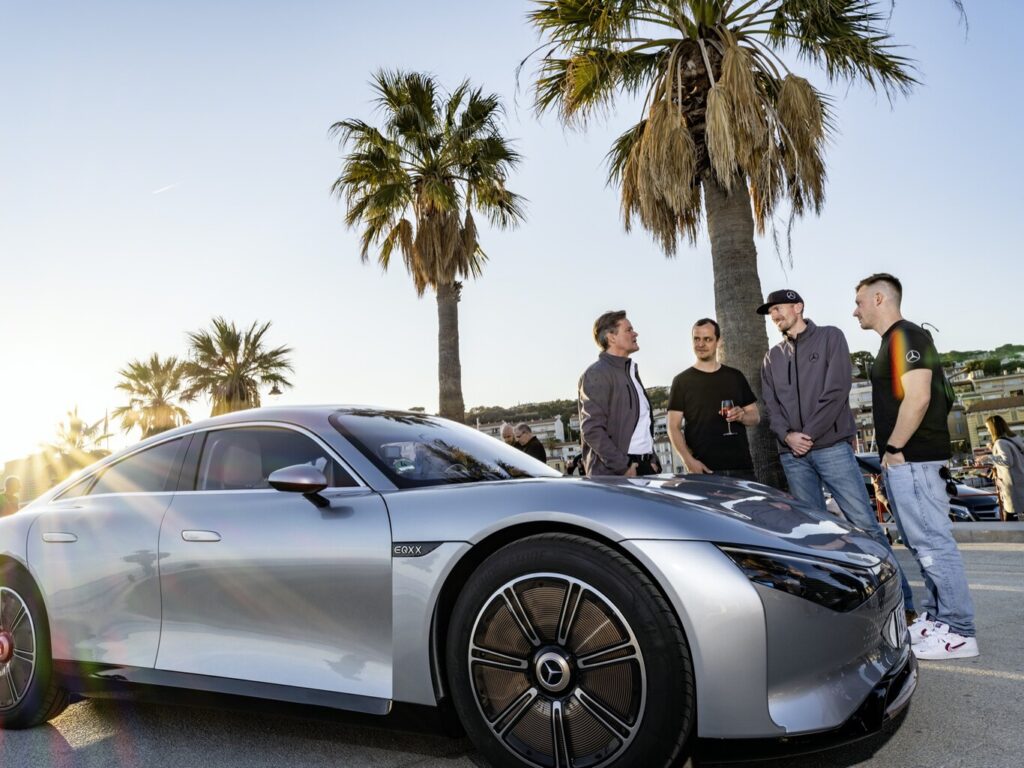From the German city of Sindelfingen to Cassis, near Marseille. In total, 1,008 kilometers of crossing in a single run. This is what the Mercedes-Benz Vision EQXX has achieved, a car that marks the path of what we will have in the coming years in the electric sector.
The trip lasted about 11 hours and 32 minutes at an average speed of 87.4 kilometers per hour, although Mercedes ensures that the car traveled at speeds close to the established limit of each road where it circulated, reaching 140 km / h on the German Autobahn.
With 1,000 kilometers of autonomy

One of the main criticisms of electric cars is their low range. With 400 or 500 kilometers it is difficult to cover the long distances between some cities. But the figures provided by this Mercedes-Benz Vision EQXX are much more convincing. Almost as if it were a psychological barrier, the 1,000 kilometers of autonomy are very promising and hopefully, they can become the standard in a few years.
This is a prototype, a car whose commercial variant will not see the light of day for a few years. The EQXX can achieve this range thanks to its new 100 kWh battery, which is 30% lighter and has a density of about 400 Wh/L.
This battery is half the size of the EQS, although it maintains the same capacity. Recall that the EQS (the equivalent of the C-Class but electric) promises a range of about 770 kilometers in the WLTP cycle with its 107.8 kWh battery.

In addition, the vehicle has the help of photoelectric cells on the roof that help you get a little extra, about 25 kilometers.
According to Mercedes-Benz, the result of this first test on real roads has been a success. After covering 1,000 kilometers, it still had 15% of its battery remaining, which suggests that the Vision EQXX could get to travel just over 1,100 kilometers on a single charge.
Temperatures during the trip were mild, ranging from 3°C to 18°C. The route took the car from the Mercedes center in Stuttgart to Switzerland, through the Alps and northern Italy to the French coast. The result was consumption of 8.7 kWh per 100 kilometers in real traffic conditions.
In comparison, according to Bloomberg calculations, the Tesla Model 3 has an efficiency of 14.9 kWh/100km and the BMW i4 about 16.1kWh/100km. It must be said that this is a prototype and will probably not become Mercedes-Benz’s flagship car for a few years, but it is undoubtedly excellent news that electric cars are already preparing to offer ranges of more than 1,000 kilometers.
This post may contain affiliate links, which means that I may receive a commission if you make a purchase using these links. As an Amazon Associate, I earn from qualifying purchases.

